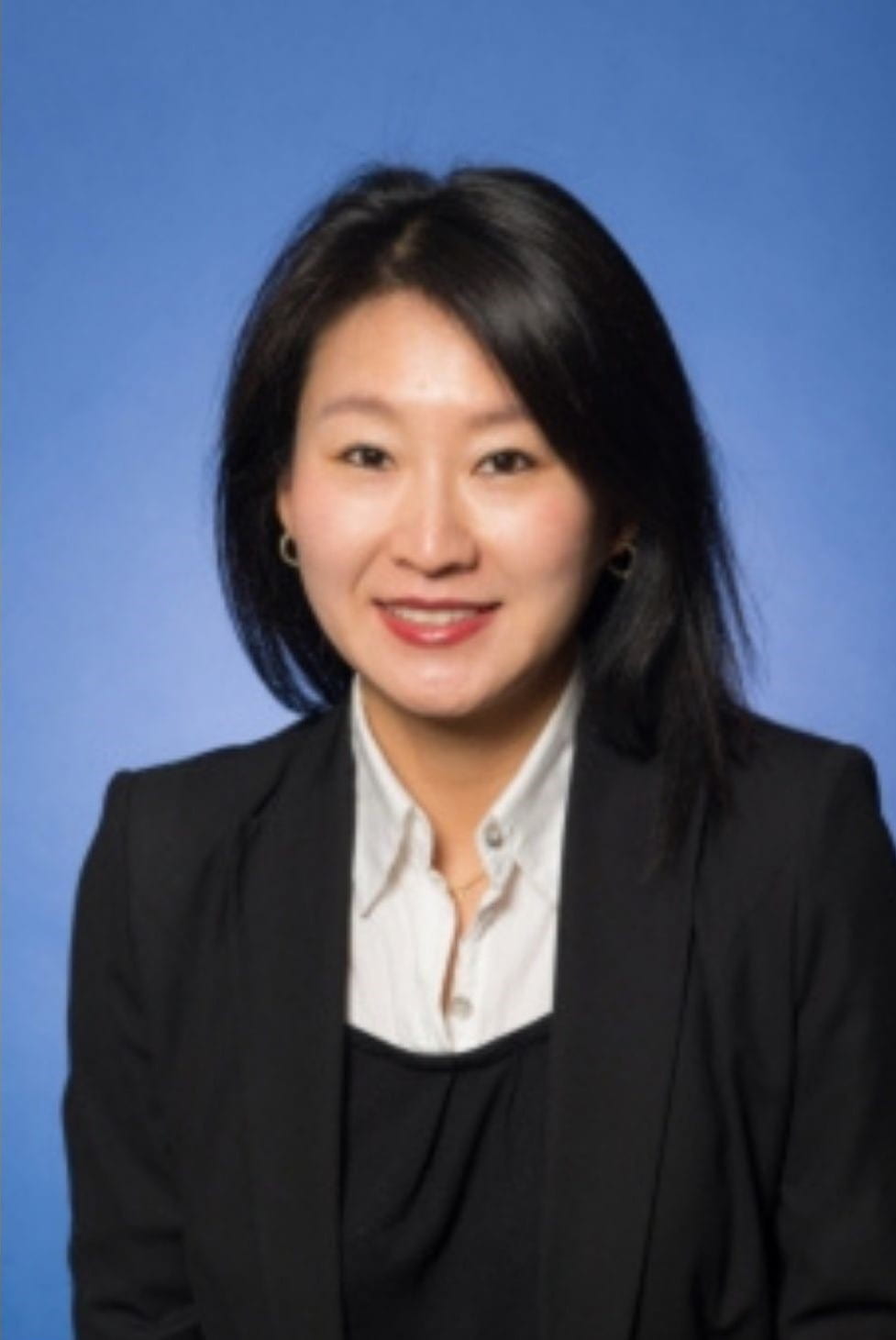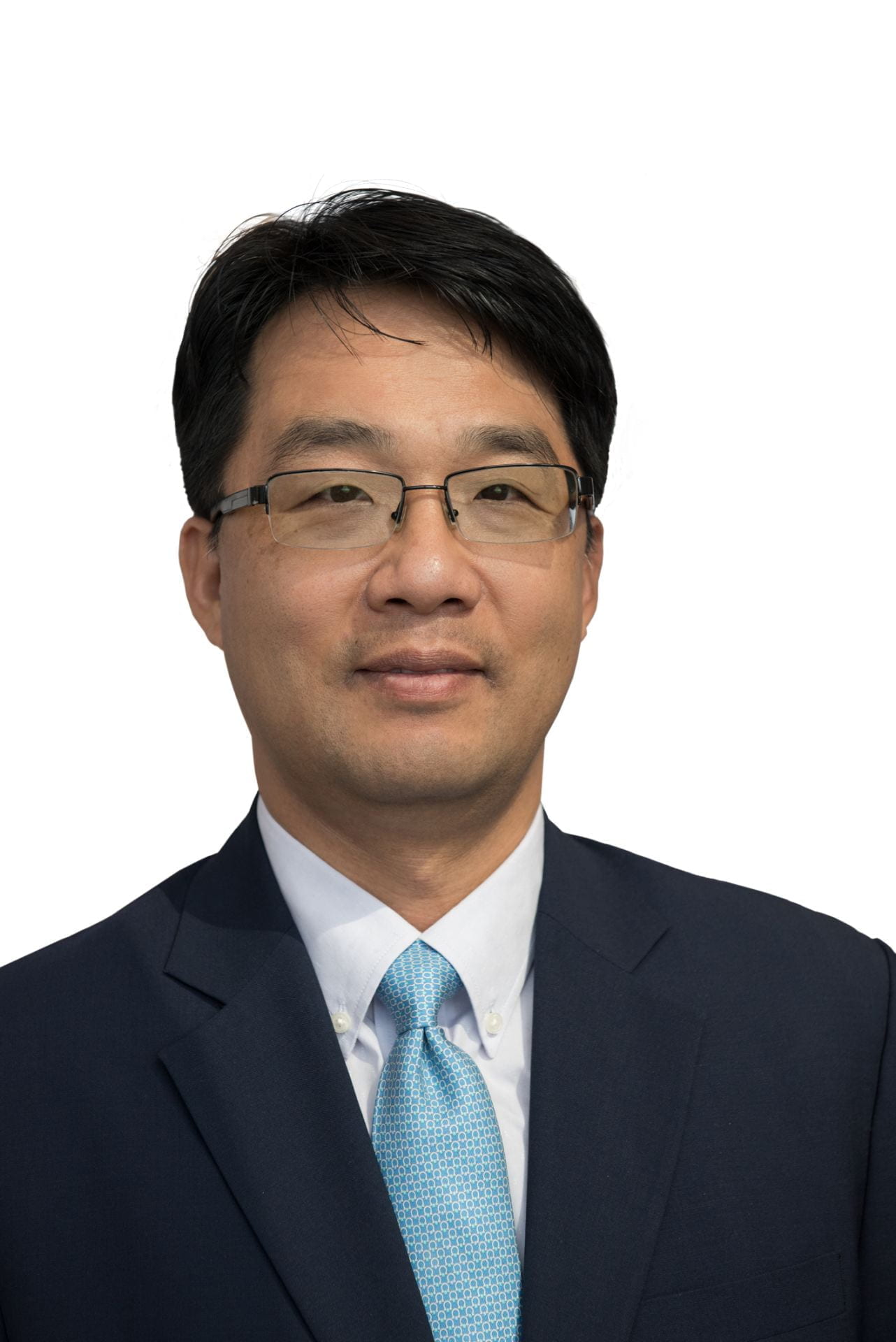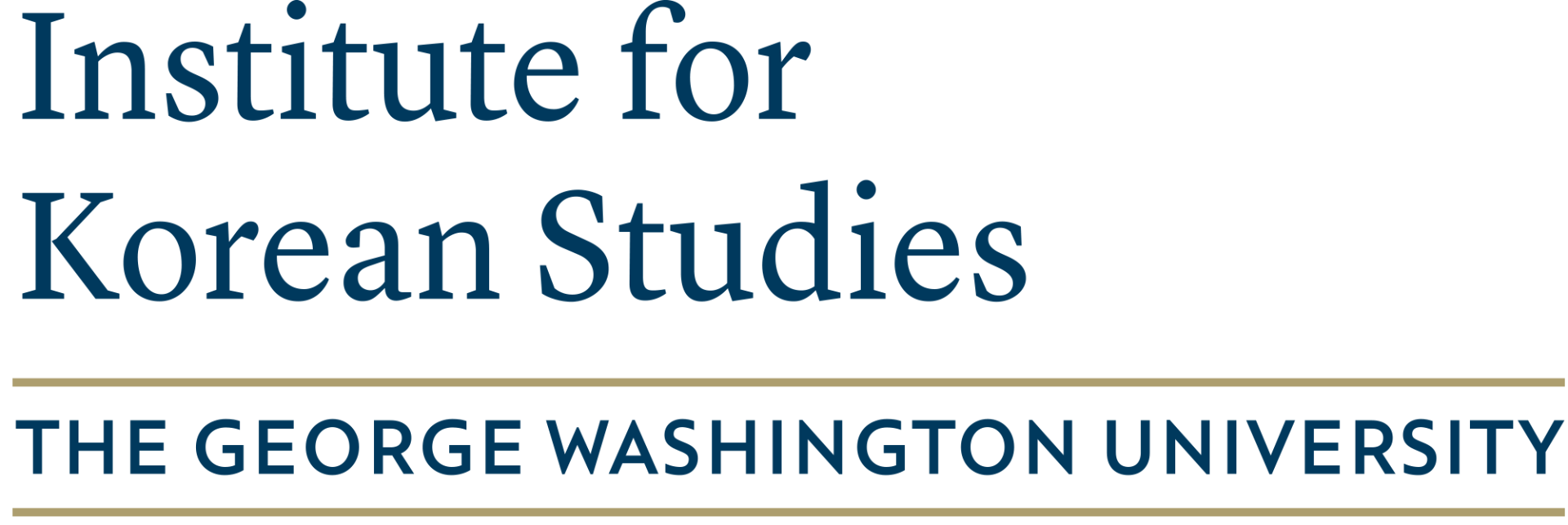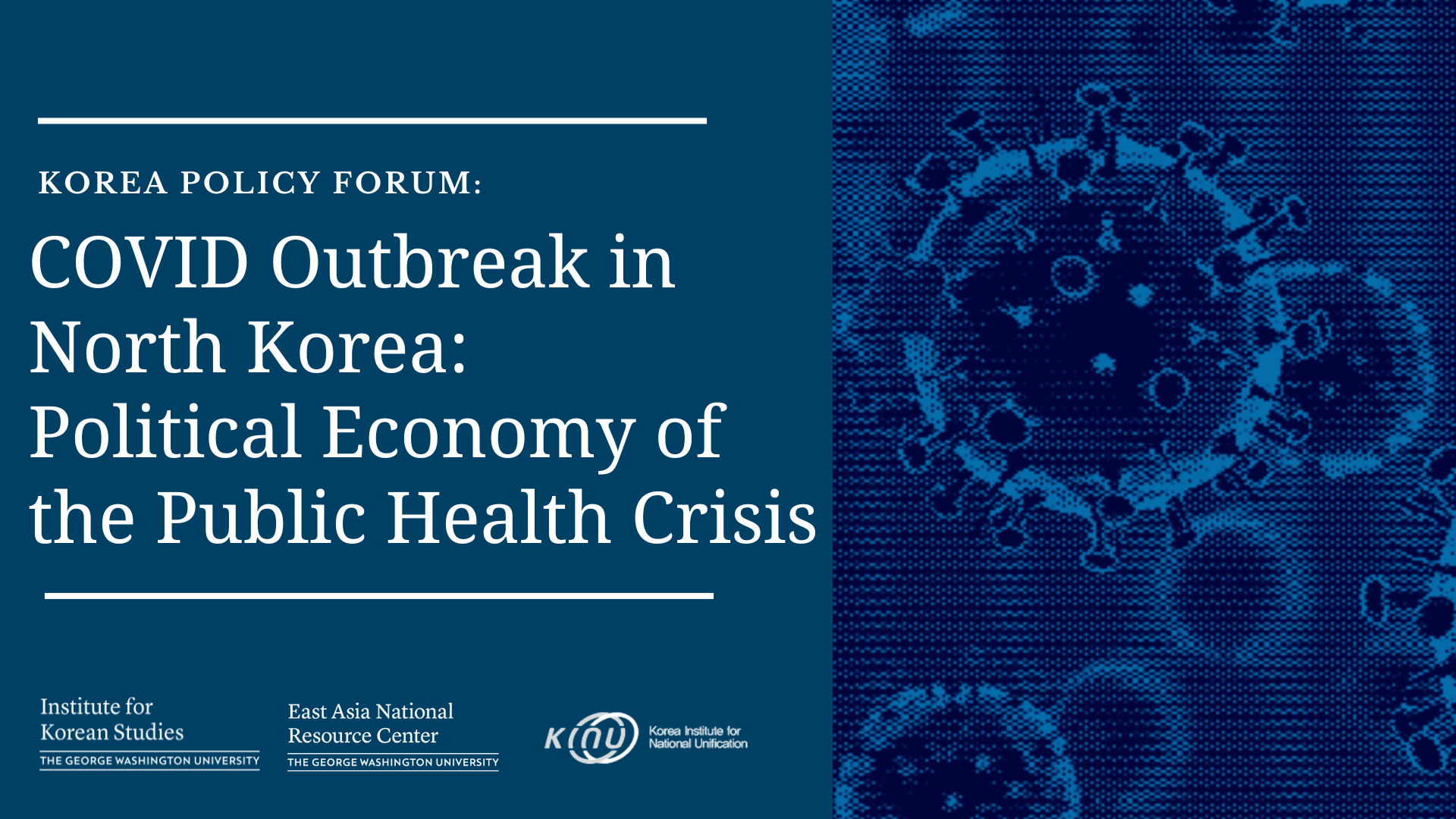Monday, June 20, 2022
8:00 PM – 9:30 PM EDT
Zoom Event
Recording [ENGLISH VERSION]
Recording [KOREAN VERSION]
Since the start of the COVID-19 pandemic in 2020, North Korea has enforced one of the world’s most strict “Zero-COVID” policies. With its sealed borders and severely limited international trade, North Korea claimed for over two years that there were no positive COVID-19 cases in the country. While many doubted the veracity of these claims, North Korea was one of the last countries with no official reported cases. This all changed in May 2022 when state media officially confirmed that cases had indeed entered North Korea and that country was in the midst of an Omicron outbreak.
As North Korea now struggles to keep this new outbreak under control, many questions have arisen on the government’s capability to handle a public health crisis of this magnitude. How will North Korea react to this new outbreak and what does this mean for the political and economic stability of North Korea? We invite you to join the GW Institute for Korean Studies and the Korea Institute for National Unification for an online discussion on the impact of this latest crisis in North Korea.
Speakers

William B. Brown (Bill) is Chair of the North Korea Economic Forum at the GW Institute for Korean Studies (GWIKS). He is also principal of his consulting company, Northeast Asia Economics and Intelligence Advisory, LLC (NAEIA.com) and is a member of the Board of Directors of the Korea Economic Institute of America. He also teaches courses on Contemporary China for University of Maryland Global Campus. Brown served a career in the federal government, working as an economist and East Asia specialist at the Central Intelligence Agency, Commerce Department, and National Intelligence Council (NIC). At the NIC, he served as Senior Research Fellow for East Asia and as Deputy National Intelligence Officer for Economics. His most recent service was as Senior Advisor to the National Intelligence Manager for East Asia in the Office of the Director of National Intelligence. Mr. Brown’s research is focused on the North Korean and Chinese economies and he is widely quoted in national and Korean media, especially with Voice of America. His publications include “Money and Markets in North Korea,” an unclassified study for the National Intelligence Council, and the “Economics of Korean Unification” published by the Council of Foreign Relations.

Ken Gause is the Director of the Adversary Analytics Program at the CNA Corporation. His team is responsible for doing deep dive studies on the leadership/decision-making, armed forces, military doctrine, and capabilities of US adversaries. Mr. Gause began his career as a Sovietologist for the US government in the 1980s and has worked in think tanks since the late 1980s. He is a noted expert on North Korean leadership and is the author of several books on the topic.

Jea Hwan Hong is a Research Fellow of the North Korean Research Division at the Korea Institute for National Unification (KINU). He received his Ph.D. in Economics from Seoul National University. He served as the Director of the North Korean Research Division in 2021. Since 2016, he has researched the North Korean economy and inter-Korean economic cooperation at KINU. Major publications include North Korean Economy in the
Kim Jong-un Era: Economic Policy, Foreign Trade, and People’s Lives (2021, Co-author), Demographic Change in North Korea: Trends, Determinants, and Prospects (2020, Coauthor), Inter-Korean Economic Cooperation: Development Potential and Policy Implications (2019, Co-author), and Livelihoods in North Korea and Cooperation Plan (2018, Co-author) (all in Korean).

Jisoo M. Kim is Korea Foundation Associate Professor of History, International Affairs, and East Asian Languages and Literatures. She currently serves as the Director of the Institute for Korean Studies and the Co-Director of the East Asia National Resource Center at GW. She also serves as the Editor-in-Chief of the Journal of Korean Studies. She is a specialist in gender, law, and emotions in Korean history. Her broader research interests include gender and sexuality, crime and justice, forensic medicine, literary representations of the law, history of emotions, vernacular, and gender writing. She is the author of The Emotions of Justice: Gender, Status, and Legal Performance in Chosŏn Korea (University of Washington Press, 2015), which was awarded the 2017 James Palais Prize of the Association for Asian Studies. She is also the co-editor of The Great East Asian War and the Birth of the Korean Nation by JaHyun Kim Haboush (Columbia University Press, 2016). She is currently working on a book project tentatively entitled Sexual Desire, Crime, and Gendered Subjects: A History of Adultery Law in Korea. She received her M.A., M.Phil., and Ph.D. in East Asian Languages and Cultures from Columbia University.

Yu-hwan Koh is the 18th President of Korea Institute for National Unification (KINU). He earned a Ph.D. in political science from Dongguk University in 1991. As an expert in areas of unification, North Korea, and inter-Korean relations, he was a professor in the Department of North Korean Studies at Dongguk University (1994~2020), Director of Institute for North Korean Studies at Dongguk University (2009~2020), a visiting scholar of Walter H. Shorenstein Asia-Pacific Research Center at Stanford University (2010~2011), President of Korean Association of North Korean Studies (2012), Chair of the Peace and Prosperity Sub-committee of Presidential Commission on Policy Planning (2017~2019)/member (~2020), and a member of the experts advisory group for the inter-Korean summit (2018). Currently, he is the Chair of the Planning and Coordination Committee at National Unification Advisory Council (2017~), Chair of the Planning and Coordination Committee at National Unification Advisory Council (2017~), and Chair of the Korean Peninsula Sub-committee at Policy Advisory Committee of the Ministry of Foreign Affairs (2018~). Major publications include Peace on the Road to Unification (2019) (in Korean), 70 Years of Division Viewed through the Lens of Inter-Korean Military Conflicts (2018) (in Korean), Actor-Network and Performativity of Divided Korea (2015) (in Korean), New Paradigm of North Korean Studies (2015) (in Korean), An Introduction to the Research of North Korean Cities (2012) (in Korean), Resolutions to North Korea’s Nuclear Issues and Establishment of a Peace Regime on the Korean Peninsula (2003) (in Korean), Troubled Transition: North Korea’s Politics, Economy, and External Relations (2013)(in English).

Rachel Minyoung Lee is the Regional Issues Manager and Senior Analyst for Open Nuclear Network (ONN), a program of One Earth Future, where she oversees the creation and development of ONN’s strategic network and works closely with the analytical team to identify strategies and products that can best meet the needs of partners and consumers. Rachel is also a Nonresident Fellow with the 38 North Program at the Stimson Center. She was a North Korea collection expert and analyst with the US Government from 2000 to 2019. During that time, she wrote on the gamut of North Korean issues, from leadership, domestic politics and economy, and foreign policy, to social and cultural developments. As Analysis Team Lead, Rachel led a team of collection officers and analysts to track and analyze North and South Korean issues with implications for Pyongyang’s regime stability and regional security.

Wootae Lee is a director of Humanitarian and Cooperation Research Division at Korea Institute for National Unification (KINU). He simultaneously serves as an advisor to Center for NK Human Rights Records, Ministry of Unification. His research interests include inter-Korean exchange and cooperation and foreign policy analysis. He earned his B.A. from Inha University, his M.A. from New York University, and his Ph.D. in Political Science from University of Georgia. Before joining KINU, he served a research professor at the Center for International Studies at Inha University, South Korea.
Moderator

Yonho Kim is an Associate Research Professor of Practice and the Associate Director of GW Institute for Korean Studies. He specializes in North Korea’s mobile telecommunications and U.S. policy towards North Korea. Kim is the author of North Korean Phone Money: Airtime Transfers as a Precursor to Mobile Payment System (2020), North Korea’s Mobile Telecommunications and Private Transportation Services in the Kim Jong-un Era (2019) and Cell Phones in North Korea: Has North Korea Entered the Telecommunications Revolution? (2014). His research findings were covered by various media outlets, including Wall Street Journal, The Atlantic, Yonhap News, and Libération. Prior to joining GWIKS, he extensively interacted with the Washington policy circle on the Korean peninsula as Senior Researcher of the U.S.-Korea Institute at Johns Hopkins University School of Advanced International Studies, Senior Reporter for Voice of America’s Korean Service, and Assistant Director of the Atlantic Council’s Program on Korea in Transition. He holds a B.A. and M.A. in International Relations from Seoul National University, and an M.A. in International Relations and International Economics from Johns Hopkins University School of Advanced International Studies.




